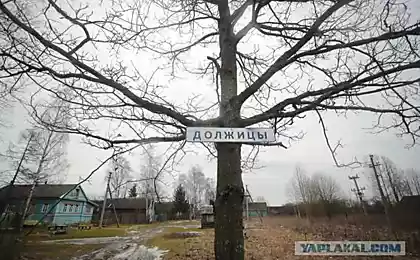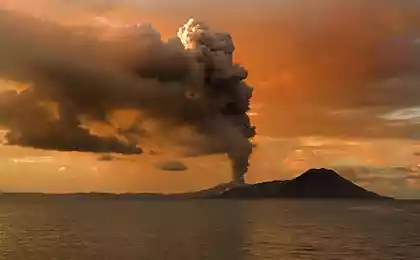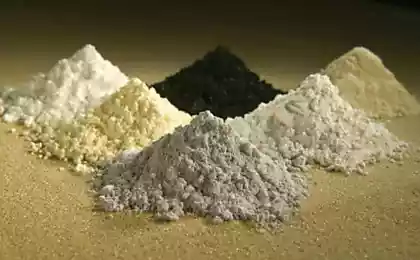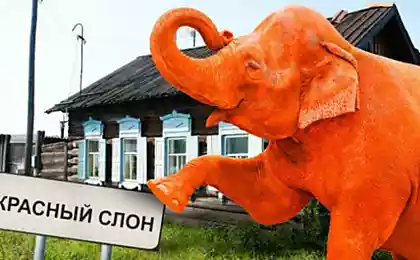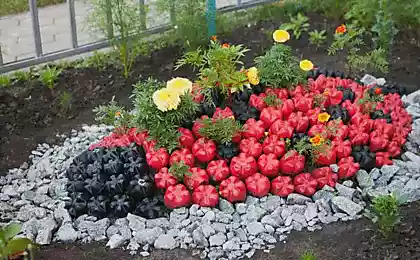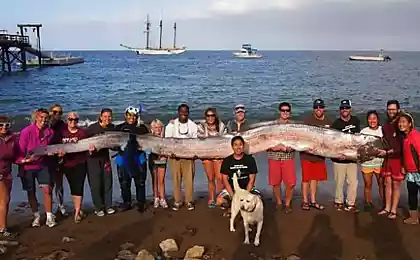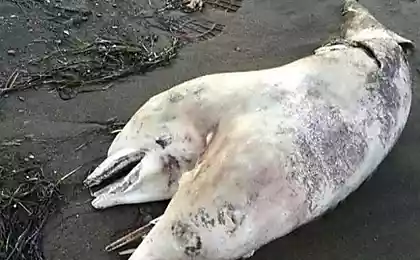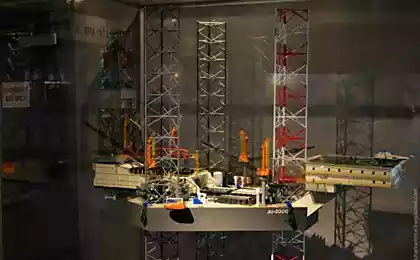670
The seabed is still surprises
During research expedition to the North Atlantic Ocean, scientists aboard the British ship "James Cook" made in its catalog a collection of marine organisms, including more than 10 new species.
10 ph via animalpicture
1. This purple variety of marine worm Enteropneusta class, which can be transient views between invertebrates and vertebrates. The creature feeds on sediments on the seabed, leaving a variety of undulating tracks. (David Shale)
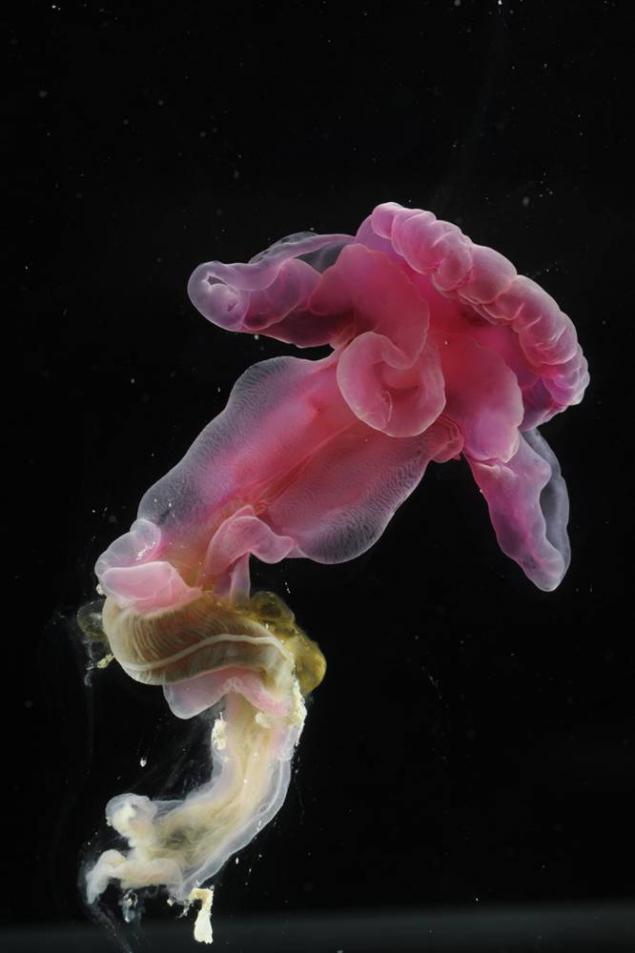
2. The kind of deep-pink worm Enteropneusta reserves the characteristic spiral traces on the sea floor. (David Shale)
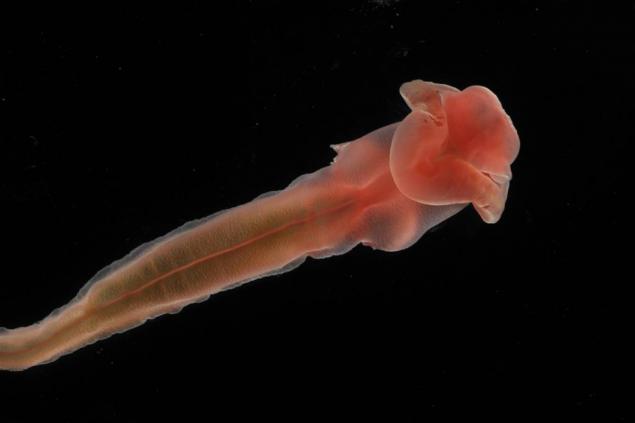
3. This ctenophores was found on the seabed of the Mid-Atlantic Ridge. (David Shale)
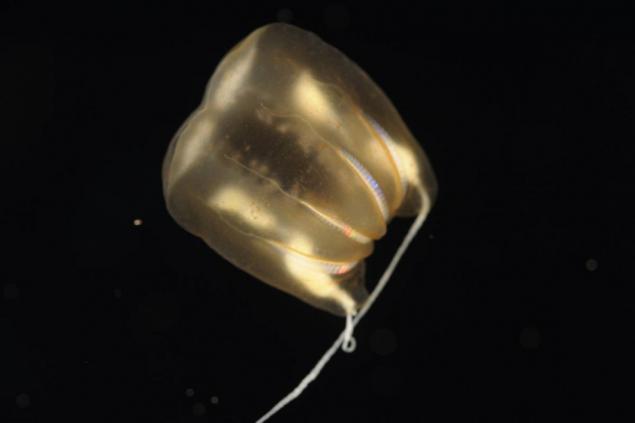
4. Special starfish, also known as Ophiuroidea or Gorgonocephalus, krill catches in his evil "embrace." (David Shale)
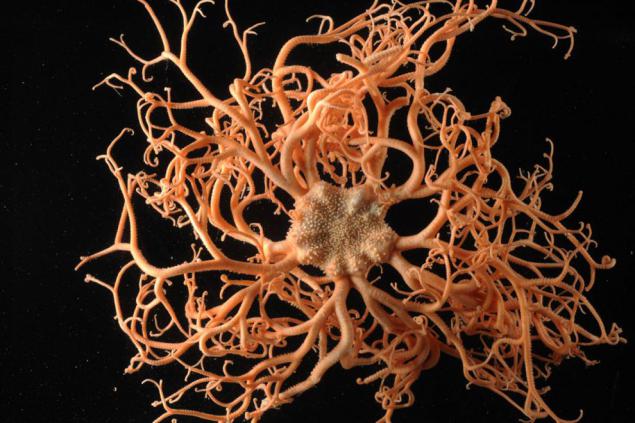
5. Sea cucumber (Peniagone porcella) feeds on the sea floor, but can also swim. It can be found among the hills and valleys of the Mid-Atlantic Ridge. (David Shale)
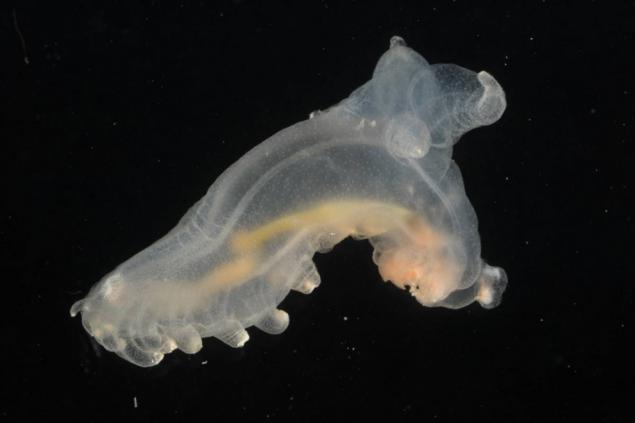
6. Deep-sea jellyfish (Trachymedusa) eat plankton and small crustaceans near the seabed. (David Shale)
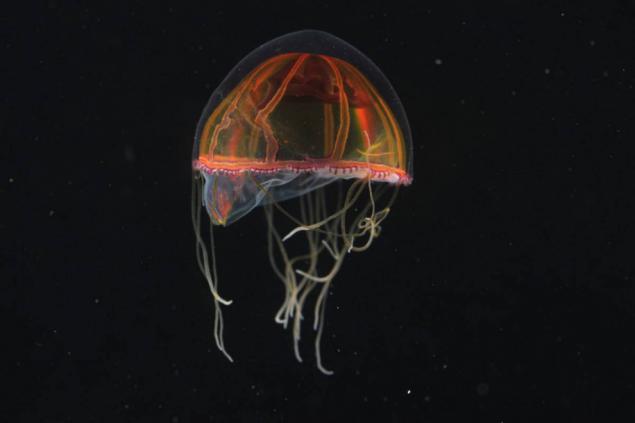
7. The internal organs of sea cucumber (Peniagone diaphana) are visible through its transparent body. This species was first described in 1882. (David Shale)
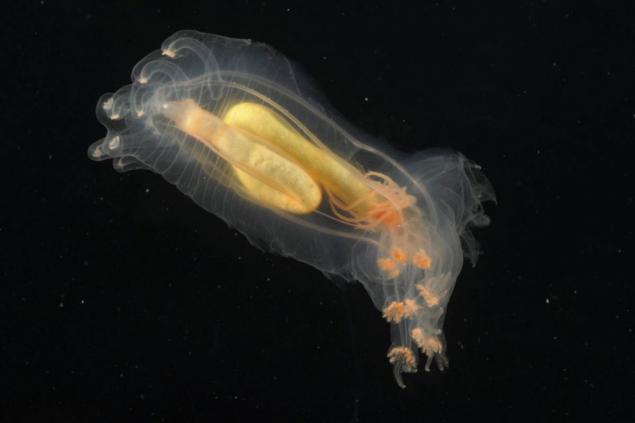
8. Enteropneusta worm out of sight of the southern white. "They have no eyes, organs of touch, or the brain, however, can distinguish the head of the tail and body of a primitive," - said the rector of the University of Aberdeen Monti come. (David Shale)
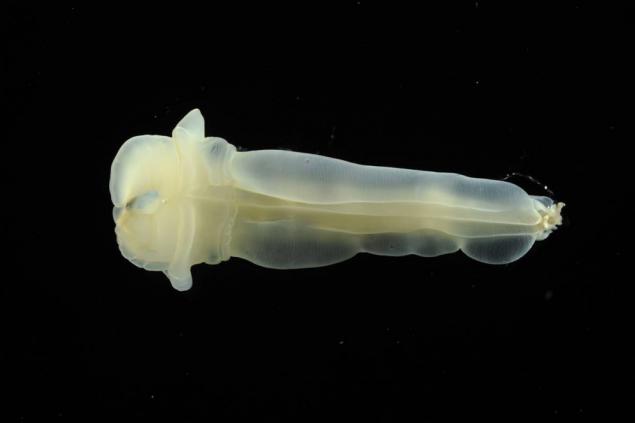
9. Scaled Worm (Polynoid polychaete) - one of the bioluminescent creatures from the deep. His scales glows in the dark. (David Shale)
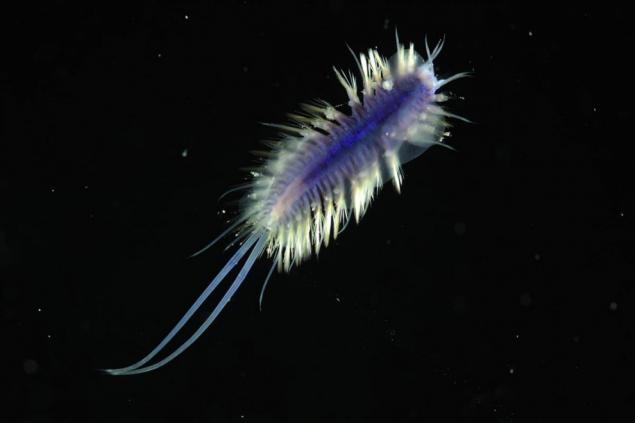
10. Sea cucumbers, like this (Peniagone diaphana), are an important part of the animal biomass on the seafloor in some areas of the deep ocean. The process of their survival in nature is a kind of puzzle. The researchers suggest that sea cucumbers being slow, but at the bottom of the Atlantic, they saw that they could also swim pretty fast. "We wonder how these animals feed in some areas of the deep sea, where often it is practically impossible to find food," - says Ben Uigem from the University of Newcastle. (David Shale)
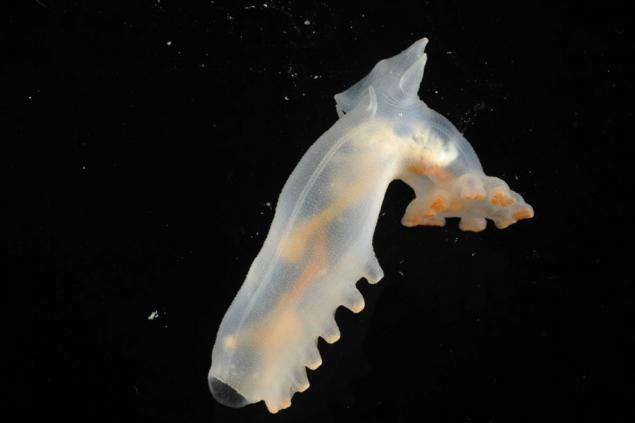
Source:
10 ph via animalpicture
1. This purple variety of marine worm Enteropneusta class, which can be transient views between invertebrates and vertebrates. The creature feeds on sediments on the seabed, leaving a variety of undulating tracks. (David Shale)

2. The kind of deep-pink worm Enteropneusta reserves the characteristic spiral traces on the sea floor. (David Shale)

3. This ctenophores was found on the seabed of the Mid-Atlantic Ridge. (David Shale)

4. Special starfish, also known as Ophiuroidea or Gorgonocephalus, krill catches in his evil "embrace." (David Shale)

5. Sea cucumber (Peniagone porcella) feeds on the sea floor, but can also swim. It can be found among the hills and valleys of the Mid-Atlantic Ridge. (David Shale)

6. Deep-sea jellyfish (Trachymedusa) eat plankton and small crustaceans near the seabed. (David Shale)

7. The internal organs of sea cucumber (Peniagone diaphana) are visible through its transparent body. This species was first described in 1882. (David Shale)

8. Enteropneusta worm out of sight of the southern white. "They have no eyes, organs of touch, or the brain, however, can distinguish the head of the tail and body of a primitive," - said the rector of the University of Aberdeen Monti come. (David Shale)

9. Scaled Worm (Polynoid polychaete) - one of the bioluminescent creatures from the deep. His scales glows in the dark. (David Shale)

10. Sea cucumbers, like this (Peniagone diaphana), are an important part of the animal biomass on the seafloor in some areas of the deep ocean. The process of their survival in nature is a kind of puzzle. The researchers suggest that sea cucumbers being slow, but at the bottom of the Atlantic, they saw that they could also swim pretty fast. "We wonder how these animals feed in some areas of the deep sea, where often it is practically impossible to find food," - says Ben Uigem from the University of Newcastle. (David Shale)

Source:
